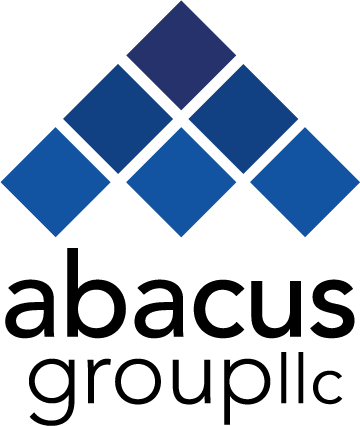Ops Prowess Can Trump Performance: SEI
by Abacus Group, on Jan 2, 2014
By Carol Tang December 23, 2013
Investment strategy alone is no longer enough for a manager to secure mandates. More consultants and outsourced CIOs (OCIOs) are putting equal weight on operational concerns. Some firms, such as SEI, have even turned down managers with stellar performance because their operational infrastructure was not up to par.
“We’ve had managers pass on flying colors from the investment perspective, but we shied away because of their operations,” says Paul Klauder, managing director and vice president of SEI’s institutional group. “We don’t want to put our clients’ assets in a situation that could be dire,” he says. Making sure that a manager not only has a thorough investment thesis but also the right operations and compliance, is necessary to protect institutional investors, Klauder says.
This is especially true in evaluating hedge fund managers, where operational risk is inherently greater because of their smaller size, says Klauder, whose firm sends in a separate team to conduct operational due diligence on a manager.
In fact, nearly half of all hedge fund failures can be attributed to operational risk alone, according to a 20-year study conducted by Capco on more than 100 hedge fund liquidations. Of the funds that liquidated from operational failures, 41% were attributed to misrepresentation of investments and performance, 30% to misappropriation of funds or general fraud and 14% to unauthorized trading and style breaches, according to the report, which was issued prior to the financial crisis.
Traditional managers usually have more institutionalized operations, due to the higher degree of scrutiny they see from regulators, says Klauder. But even then it’s still important to scrutinize every aspect of their operations, he says.
“When you look at non-investment related risks, there are a number of factors that are important in gaining a clear understanding of where deficiencies reside. In that sense, looking at both the investment due diligence and operational due diligence as a mosaic puts the pieces together and gives the investor a more holistic view of what the risks are,” says David Gold, head of operational due diligence at Towers Watson.
At Towers Watson, consultants partner closely with managers to make sure they implement improvements in operational areas where the consultancy has identified a hole, says Gold. Transparency can be a tricky area with hedge funds, but a manager’s willingness to cooperate and acknowledge institutional feedback on where they can improve is a necessary factor to help protect the investor, he says.
Many institutional investors still do not possess capabilities in operational due diligence, which is an expertise worth acquiring, says Gold. “If you think about it this way, most people don’t enter their own homes in the middle of the night with just a flashlight. Rather, they flip on the light switch in order to see everything. Otherwise you’d just end up tripping on something.”
Improving a manager’s operational structure not only helps prevent unnecessary risk, it can add value to “non-investment alpha” by fixing deficiencies, says Gold.
Enhancing operations is not a simple task for all managers, however. For the small to mid-sized firms, having to improve operations in order to win mandates can present challenges from multiple angles. And on the hedge fund side, that’s leading a number of firms to seek outside assistance.
Take for instance, a hypothetical hedge fund with $125 million in assets under management. That fund may have to allocate as much as $30,000 to build out enterprise infrastructure, and often “that’s not enough to allocate for the type of solution that investors are looking for,” says Art Murphy, director of client development at hedge fund technology firm Abacus Group.
On top of that, hedge funds are facing regulation that previously did not exist and are charging lower fees to investors, Murphy says. These hedge funds are compressed to do more with less and are disadvantaged compared to larger shops, including traditional asset managers, who have more capital to implement the kind of operational environment that institutional investors demand, he says.
Outsourced technology providers are now asked to join in on meetings with potential investors, says Murphy, who adds that most questions investors ask him are about data security. “Pre-2008, you’d never bring an outsourced provider to talk with an investor.”
About Fundfire
Fundfire is a daily online publication run by the Financial Times that reports on the latest developments in institutional and high net-worth money management. In addition to its original content, Fundfire also repurposes separately managed account news found in other mass media publications. The daily email blast goes out to over 35,000 asset management professionals and 34,000 pension, foundation and endowment fiduciaries.





